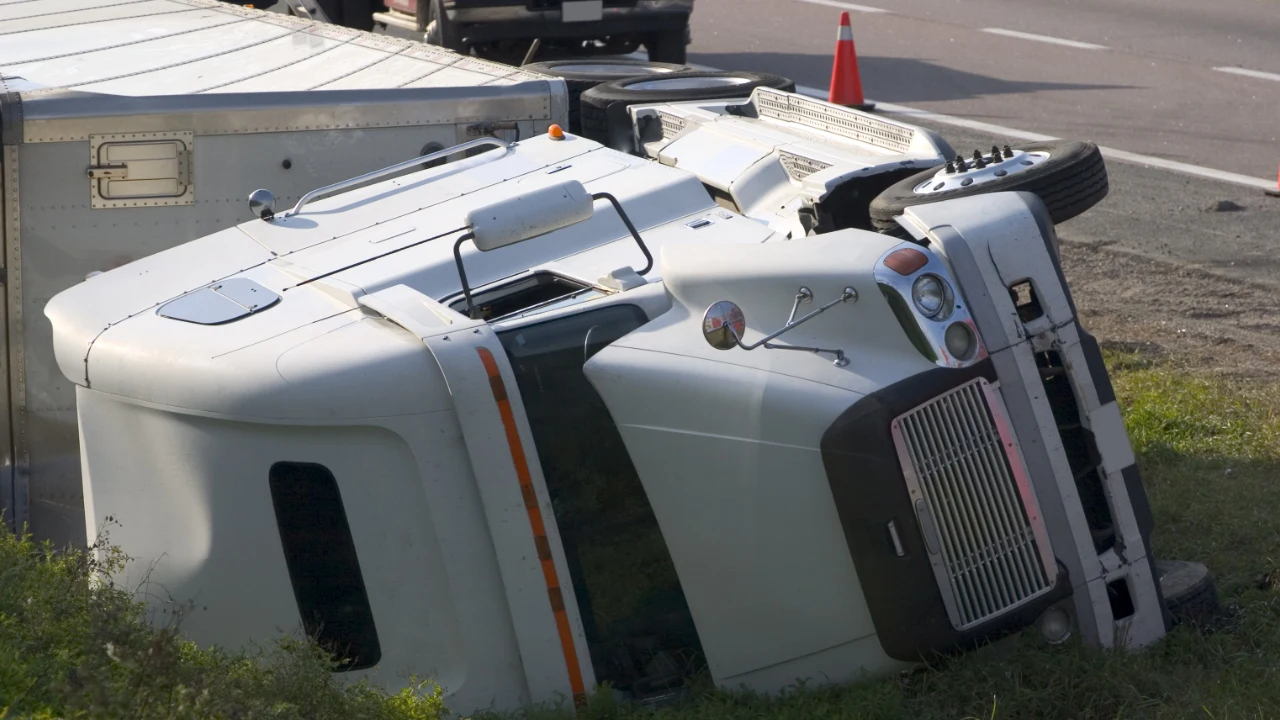Tips on Continuous Improvement Initiatives

Change is a constant in the trucking industry. From hours-of-service changes, the ELD mandate, and other proposed regulatory changes, this state of flux requires motor carriers to either rise to the challenge and improve or risk being left behind. Henry Ford once said, “If you always do what you always did, you always get what you always got.” Motor carriers cannot afford to adopt this mindset. Organizations either get better through continuous improvement efforts or get worse through stagnation as the industry continues to change around them.
The challenge facing motor carriers is how to successfully implement operational improvements. Changes may be made incrementally over time or all at once, depending on urgency, complexity, costs, and other factors. With either approach, here are five tips to help manage this process:
Solicit Input
Seeking employee input helps leaders see barriers and solutions they may not have been aware of before. Asking for employee ideas also builds trust and support for initiatives because employees feel their voices have been heard.
Communicate Often
Successful leaders keep their people pointed in the same direction by keeping them informed. Sharing progress on proposed or impending changes, how the changes will come about, who’s involved, and the reasoning behind decisions all help employees understand the change and alleviate fears.
Write It Down
Documenting a new process, policy, or procedure is the best way to avoid confusion and frustration in employees and customers. It also helps managers and supervisors communicate a consistent message.
Make Changes If It Makes Sense
Continuous improvement can certainly be good but not all the time, especially if it is done reactively, without considering all factors. A case in point: a driver is involved in a rear-end crash, so the company invests in expensive collision avoidance technology. This technology can be a great tool for drivers, but if the root cause of the driver’s distraction is constant phone calls from dispatch, then that money may be spent more wisely on distracted driving training for dispatchers.
Prioritize Opportunities For Improvement
Motor carriers must contend with change on a daily basis, and at times this can feel overwhelming. Manage these opportunities for improvement by keeping a prioritized list. Consider which to choose first, the low-hanging fruit or the big project.
Call to Action
-
Conduct a S.W.O.T. Analysis (Strengths, Weaknesses, Opportunities, and Threats) to identify areas to improve
-
Create an employee survey to gather feedback on ways the company can improve
-
Develop a written policies and procedures manual for employees
The information in this article is provided as a courtesy of Great West Casualty Company and is part of the Value-Driven® Company program. Value-Driven Company was created to help educate and inform insureds so they can make better decisions, build a culture that values safety, and manage risk more effectively. To see what additional resources Great West Casualty Company can provide for its insureds, please contact your safety representative, or click below to find an agent.
© Great West Casualty Company 2018. The material in this publication is the property of Great West Casualty Company unless otherwise noted and may not be reproduced without its written consent by any person other than a current insured of Great West Casualty Company for business purposes. Insured should attribute use as follows: “© Great West Casualty Company 2018. Used with permission by Great West Casualty Company.”
This material is intended to be a broad overview of the subject matter and is provided for informational purposes only. Great West Casualty Company does not provide legal advice to its insureds, nor does it advise insureds on employment-related issues. Therefore, the subject matter is not intended to serve as legal or employment advice for any issue(s) that may arise in the operations of its insureds. Legal advice should always be sought from the insured’s legal counsel. Great West Casualty Company shall have neither liability nor responsibility to any person or entity with respect to any loss, action, or inaction alleged to be caused directly or indirectly as a result of the information contained herein.




